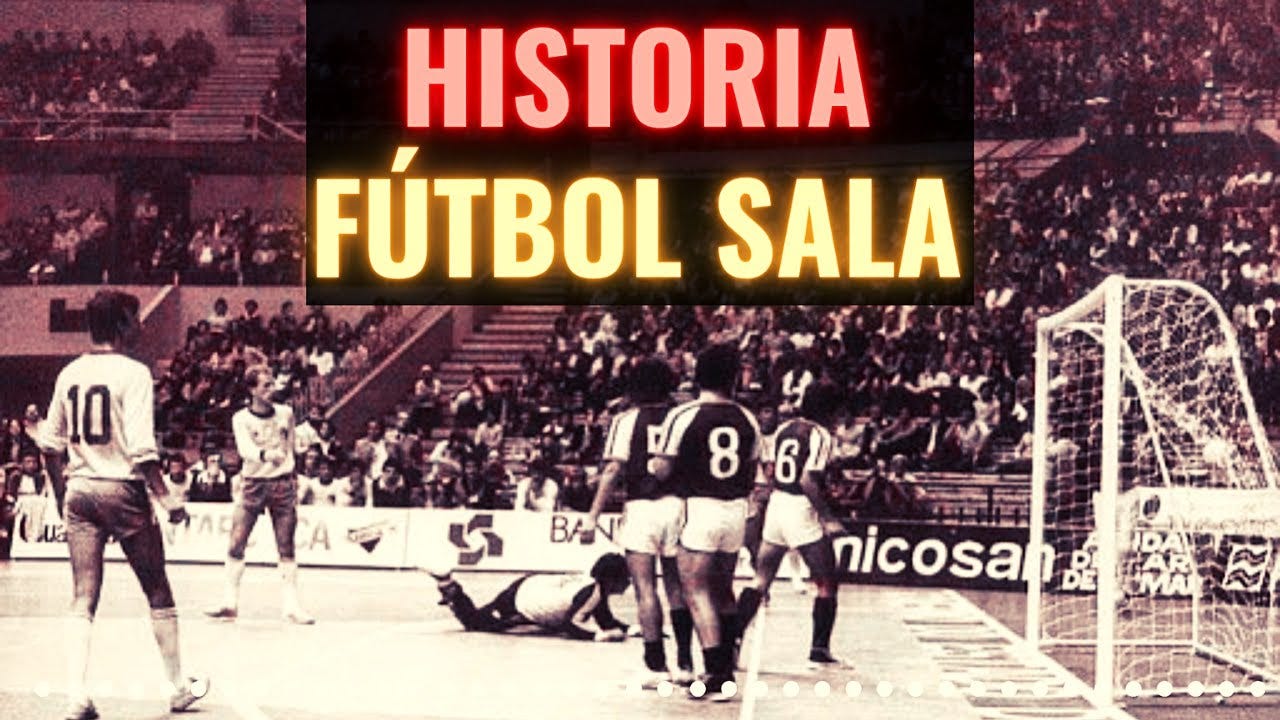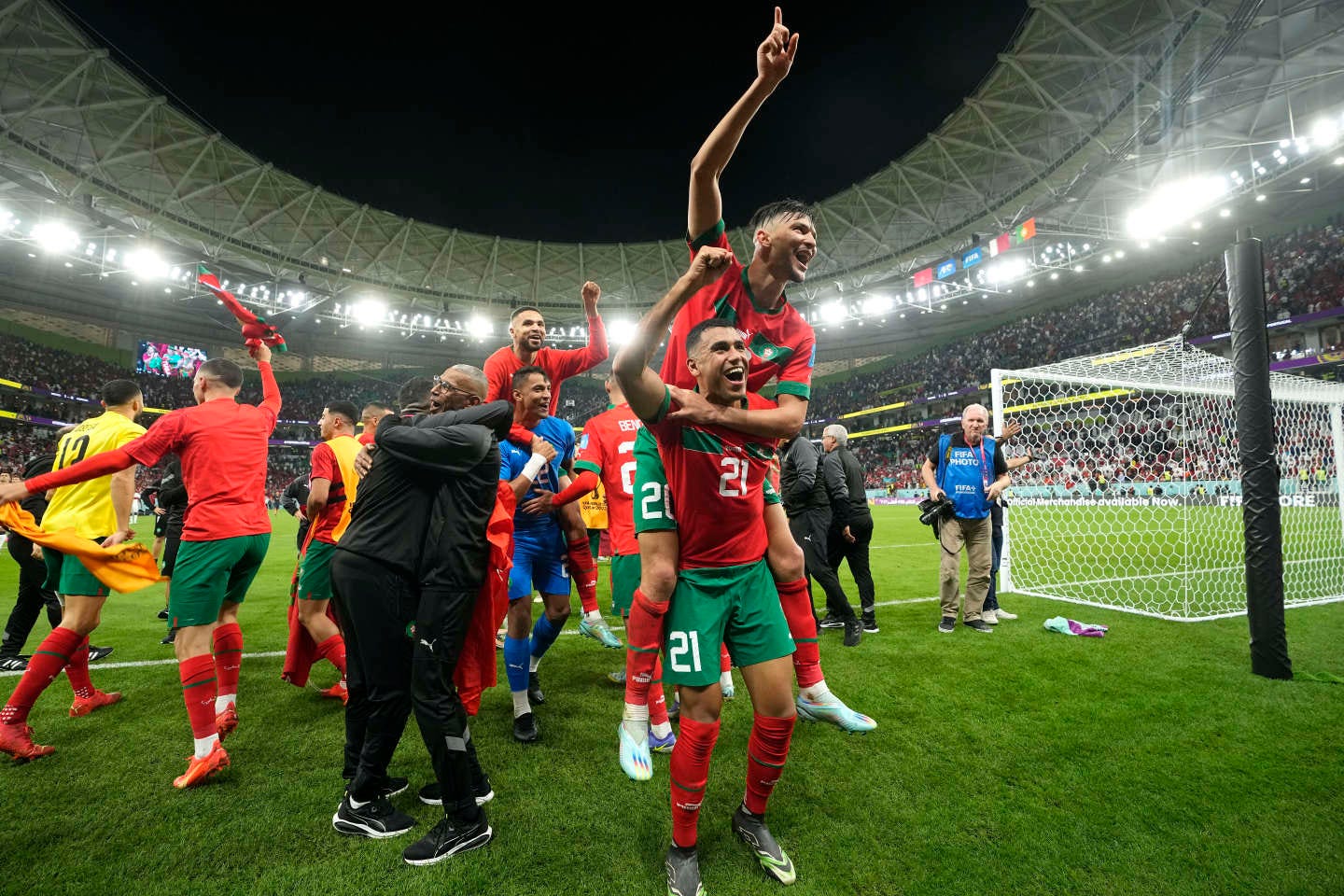The passion, moments of individual brilliance, and disbelief when a goal-bound shot is saved or a lost game is recovered out of nowhere with a flurry of goals. Football is a sport like no other.
It has an immense and rich history that so many other sports lack. It has global appeal because it can be played in the most arduous climates- from the cold climate of Russia to the tropical lands of Brazil. It gives both bigger and smaller players different advantages over each other in such a way that both can be as competitive as each other, unlike other sports. It binds diverse populations into one, a truly global sport.
Like covid which has so many variants, many games have been derived from football. Street football, indoor soccer, beach soccer, and five-a-side are some of the games developed from the beautiful game. Today my main focus will be on its little brother, futsal (the middle child). The fastest-growing variant in the football world. An indoor sport with only 20 minutes per half. It’s short, exhilarating, and brings end-to-end action with similar elements to basketball except well, you already guessed it you use your feet instead of hands unless you are the goalkeeper of course. The best football players in the world and throughout history have honed their skills by playing futsal and it’s a version of the game that young players can learn from.
Of course, for some of us, there’s a nostalgic aspect to it. Some of us recall playing on the streets or at school during breaktime/lunchtime with friends where we were left to our own devices. We could be any football player we wanted and would try to emulate their moves. We would imagine ourselves playing in stadiums where the crowd would be on their feet giving us a round of applause.
You might be asking, how did this game come about and where did it originate from? Every river has a starting point. It usually starts small and get’s bigger as it moves along and futsal is no different. The game has its origins in South America where it is revered as a significant aspect of the local football scene. Futsal initially appeared in the inner cities of South America in the mid-1930s. Its name, futsal, is derived from the Spanish term “futbol sala or from the Portuguese term “futebol de salao which both mean the same thing, “indoor football or room football”.
The concept is said to have been developed by an Argentinian teacher/coach by the name of Juan Carlos Ceriani after realizing the necessity of practicing football indoors to avoid playing on soggy fields. The idea worked and futsal caught on like wildfire across the world. Mini leagues were established in the early 1950s, and the Confederacion Sudamericana de Futbol de Salon, the first known international competition, was held in 1965. Today, futsal is an essential component of football and has aided many champions.
So what’s all the fuss about futsal? What does it bring to the table? Well, there are many reasons why futsal is important but I’ve narrowed it down to three.
“Football & Futsal have a lot in common … There are different tactics and moves, but there is the same essence of mastering the ball, combining and making quick decisions.”
Andres Iniesta
Characteristics of Futsal
Technique
In 11vs11 football, when you see a player controlling the ball using the sole of their foot frequently, chances are they’re a futsal player. Futsal provides players with more touches on the ball and allows players to improve upon their 1st touch. A study from the University of Liverpool concluded that futsal players touch the ball six times more than football players and this allows players to master their touch on the ball. It’s no wonder why players such as Dennis Bergkamp and Juan Roman Riquelme to name a few had the velcro touch.
Creativity
The Oxford English Dictionary defines creativity as “the use of imagination or original ideas to create something”. The ability to be innovative and inventive, to make something out of nothing is what separates good players from elite players. In today’s game, there is a lack of creativity and less freedom of expression as football has become very structured. Often we’ve seen players, especially in the English academy systems where a player that shows skill and creativity usually has it coached out of them. Moreover, modern football has become more of an athlete's game and less technically astute players are being produced as were seeing the rise of “Pace and power players”. In short, football is dying but that’s a story for another day.
A lot of the moves I make originate from futsal. It’s played in a very small space and the ball control is different in futsal. To this day, my ball control is pretty similar to a futsal player’s control
Ronaldinho
There's a reason why South America produces the world's most skilled and technically gifted players. Their way of player development is very much from a street football environment. Futsal and street football help players improve their skills, creativity, and, most importantly, their intelligence and decision-making abilities. The majority of players who dribble, who can play quickly come from futsal. As Pele said, “Futsal makes you think fast and play fast, “It makes everything easier when you later switch to football.” It’s a culture of football that’s a world away from lumping the ball up to the big man. It rewards dribbling, flair, and explosive movement and embraces the creative footballing spirit that the Brazilians call Ginga, or “sway”. Ronaldinho, football’s greatest artist, and his apprentice Neymar all played futsal quite actively in their youth. It helped them develop the quick feet, 1st touch, and technique that many grew to love.
Tactical Awareness
When you’re playing in 11v11 matches, at times you’ll find yourself in tight limited spaces all the time. The higher the level you go, the quicker the game becomes. The passes are faster, the movement is quicker and futsal will get you prepared for that because you are playing in limited space in a very quick environment. A player’s head is always up and scanning their surroundings. Players are constantly taking in and processing information anticipating the opponent’s next move.
In futsal, you see whether a player is talented. In normal football, you don’t necessarily identify talent as easily because it’s so much more physical. But in futsal, you notice the small details in quality, class, and tactical understanding”
Xavi
If you’ve watched futsal matches you would notice that the game requires a lot of short passing and movement off the ball, a requirement in modern football and that is because it has to be done quickly for people to find pockets of space to exploit and create openings. David Silva is the first name that comes to mind when thinking of players who encompassed all these things, short passing, finding pockets of space intelligently, and pinpoint through balls. It’s no surprise Silva’s positioning proved so elusive that he received the ultimate compliment from premier league opposition managers- being man-marked.
As you can see, there is a clear link between football and futsal. Futsal has many characteristics that can be transferred to the longer format of the game. However, like the middle children who are often excluded, ignored, or even neglected and do not receive the same level of attention as their siblings, futsal falls in the same boat and it’s easy to see why.
For starters, futsal is an evolution of football so it’s difficult to see it getting more popular than the game it was built from. Where football has many fans around the world, futsal was created to cater to certain fans of football therefore futsal fans will only ever be a fraction of total football fans. Football associations could do better things for the sport if they decided to promote the sport as well as introduce it as part of a mixed and varied football provision for young players in their countries.
For futsal to become popular, a lot of money needs to flow into respective organizations which futsal lacks. It was a game made to be played in areas where the football field is inaccessible. Unsurprisingly, this game is not popular in the developed countries of Europe, but more specifically in Zimbabwe where football infrastructure is an issue. This makes it difficult for futsal to stand independently as a separate sport as it lacks financial support and acceptance. We could mitigate this problem by starting fundraisers or crowdfunding where all the money received will be invested in free futsal courts where players of all ages can play.
Despite the obstacles, futsal’s popularity has continued to grow around the globe. In July 2022, Morocco hosted a workshop on the FIFA Talent Development program as part of the Talent Development Plan launched in 2020 by Arsene Wenger, FIFA’s Chief of Global Football Development. The country has demonstrated a strong desire to continue its development by providing resources to youth teams that represent the future of Moroccan football.
During the workshop, the President of the Royal Moroccan Football Federation Fouzi Lekjaa said: “The development of football in Morocco should be based on a three-pronged approach focusing on facilities, talent, and well-qualified staff. My Federation colleagues and I are certain that these three elements must be in place to ensure proper development.”
Indeed, Morocco has reaped the benefits of having such football structures in place as they’ve had recent success in futsal, winning the 2020 African futsal cup of nations tournament and reaching the quarter-finals of the FIFA Futsal world cup 2021, losing 1-0 to Brazil. The Moroccan football federation’s crowing moment came in the 2022 Qatar world cup when they defied all expectations by reaching the semi-finals, becoming the first African nation to do so.
The many countries that we admire for the technical proficiency of their players use futsal as an aspect of their youth development. Ball retention, quick and skillful play, and tactical awareness are all significant attributes that the game of futsal helps to promote.
So yes, futsal’s influence on football is remarkable. A game where many of the greatest players, the geniuses of the game, were and are often nonconformists had their style owe a big part of their development to futsal and we as football fans should give it more recognition.







Share this post